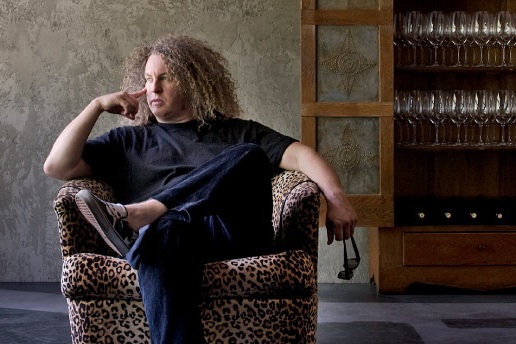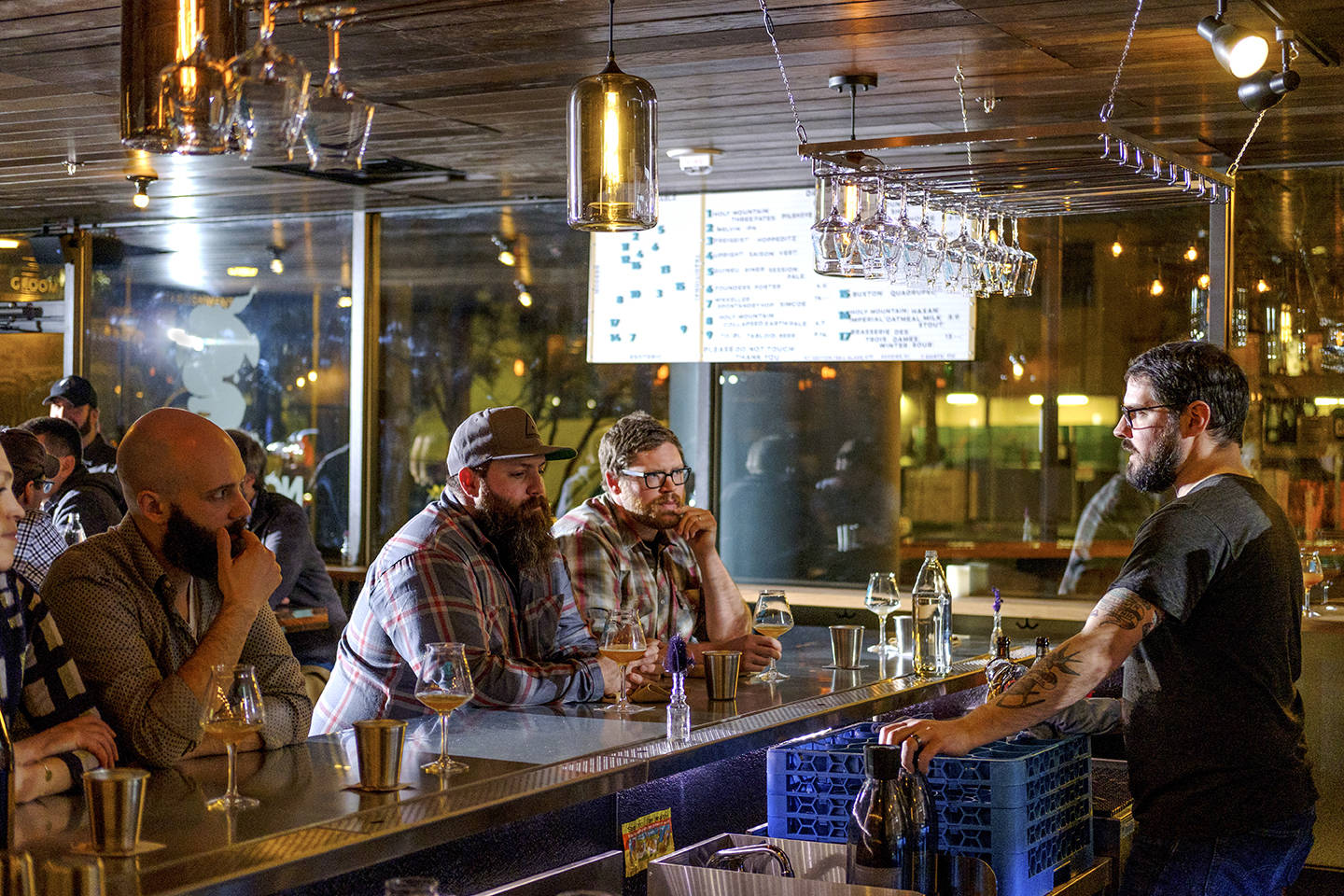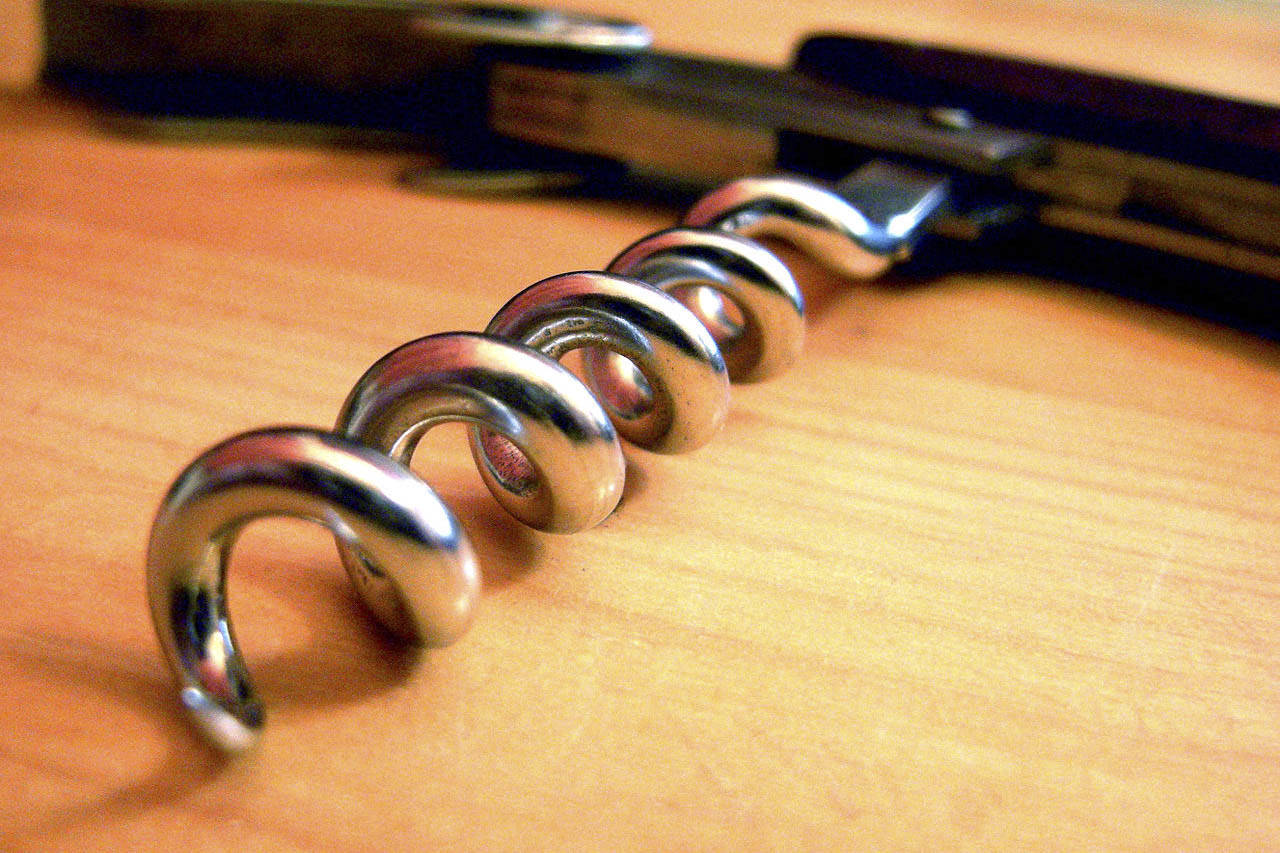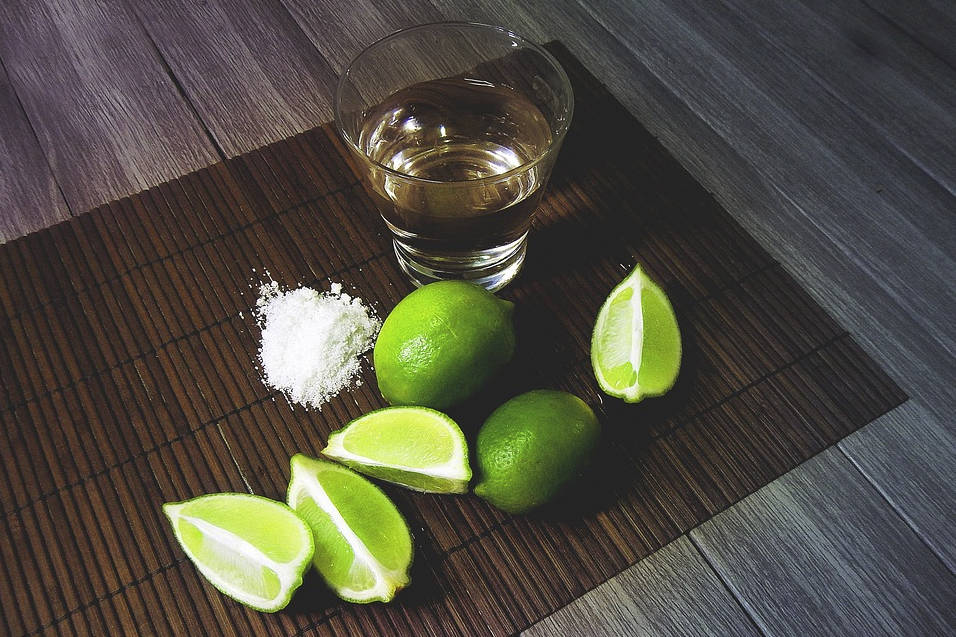Sometimes a number just jumps off the screen. When I saw that local winemaker Charles Smith had sold some of his best-known brands to international producer Constellation, I figured we’d be talking tens of millions of dollars. So when I saw the actual price tag—$120 million—my jaw dropped. Good for Charles, and good for Washington wine in general, but that is a lot of Kung Fu Girl Riesling. Once I had a chance, I came up with a few thoughts on the sale, and I figured I’d talk to Smith and see what he had to say about them.
The first is that, after any number of false starts and missed opportunities, Washington wines are really emerging onto a national (and possibly international) stage. Their increasing quality can’t be denied, and people and major companies are taking notice. “I believe that it’s another vote of confidence in Washington wine from Constellation,” Smith told me. “In the world of wine we’re still in the infant stage, but I’m just happy that they got what I’m doing, and we’re gonna be able to go out there and do some real cool stuff.”
The sale also speaks to some of the challenges of rampant success: It can push a company out of its comfort zone. “I’ve taken it to a point where, if I were to grow it additionally … I would have had to hire more people and change the culture of my company. I didn’t want to do that,” Smith told me before turning his attention to the deal. “It’s like marrying off your child to someone you completely respect, that you know will be a great partner and take good care of them.” That’s a point I’m highly sympathetic to, and I’m curious to see if other Washington wineries reach a similar inflection point in years to come.
Finally, I think this deal says something about how the major players in the wine world view the changing consumer profile in the U.S. The price point that Kung Fu Girl, Velvet Devil merlot, and the others occupy is the fastest-growing segment of the market, as many wine drinkers move away from the cheapest wines to those that retail for $10 to $15. Smith’s explanation of how the sale came to be bears that out. “The brand was never on the market, I never put it up for sale, if you will,” Smith said. “It was simply [that] they were a good fit for me, I was a good fit for them, and we should get together, and that’s how this came about.”
Having well-made and well-marketed wines from a respected producer in an up-and-coming region was clearly a priority for Constellation. Smith seems excited to focus on his many remaining brands, such as K Vintners, Wines of Substance, Sixto, and others, as well as his recently-opened Jet City Winery in Georgetown. The rest of us can just daydream about what we’d do with $120 million. ZACH GEBALLE
thebarcode@seattleweekly.com








